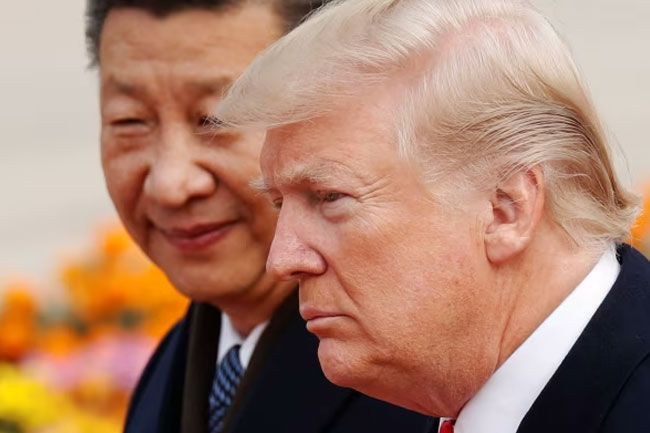Ceasefire Hurdles in Gaza Amid Intensified Strikes
Tensions escalate in Gaza as Israeli strikes continue, and Hamas rejects ceasefire offers. Details emerge on demands from both sides amid mediation attempts.
Published April 19, 2025 - 00:04am

Image recovered from arabnews.com
The persistent conflict between Israel and Hamas has reached yet another tense impasse with recent developments on the ground and in negotiation rooms. Israeli airstrikes have relentlessly targeted the Gaza Strip, with reports indicating that approximately 40 sites were hit in just one day, leading to significant casualties. Palestinian health authorities reported at least 43 deaths on the latest day of strikes, adding to a grim toll exceeding 1,600 since airstrikes resumed in March following a breakdown of a two-month truce.
The military advancements by Israeli Defense Forces (IDF) have seen them taking control of strategic areas within Gaza, focusing notably on the regions of Shabura and Tel Al-Sultan near Rafah in the south, and significant parts of the north near Gaza City. Prime Minister Benjamin Netanyahu is expected to make a crucial statement, potentially outlining Israel's future actions or response to the current scenario.
Despite these escalations, diplomatic avenues continue to be explored. Egyptian mediators have been pivotal in attempting to reinstate the previous ceasefire deal, which faltered as hostilities resumed. However, fundamental disagreements remain. Hamas has firmly rejected Israel's latest ceasefire offer, labeling it as insufficient and laden with 'impossible conditions.' The group demands a complete cessation of conflict, including the withdrawal of Israeli forces from Gaza, and has stated its willingness to release all hostages it holds in exchange for Palestinian detainees held in Israeli prisons.
Khalil Al-Hayya, a key negotiator for Hamas, emphasizes a comprehensive agreement that addresses these points as non-negotiable, explicitly declining any partial ceasefire proposals which, according to him, only serve Israeli political ends. He accuses Israeli leadership, specifically Prime Minister Netanyahu, of perpetuating a war strategy that uses ceasefire deals as a cover for deeper political agendas, at the expense of enduring human suffering.
Meanwhile, the humanitarian situation in Gaza is deteriorating drastically, with recent Israeli airstrikes hitting multiple refugee sites. Reports from relief organizations detail the harrowing conditions, including casualties predominantly among women and children, adding to the crisis's already severe humanitarian dimension. Locations such as Khan Younis and Beit Lahia have seen significant impacts from the strikes, with aid efforts hampered by ongoing hostilities.
The international community continues to watch closely, with potential implications for future regional stability. Qatar and Egypt remain engaged as mediators, urging both parties to return to negotiation tables with more viable terms. However, as Israeli Defense Minister Israel Katz reiterates the nation's commitment to defeating Hamas, the path to peace seems fraught with obstacles.
The conflict is deeply entrenched in broader geopolitical narratives, making a resolution complex and multifaceted. As both sides maintain their positions, with Hamas steadfastly refusing disarmament and Israel demanding it as a precondition for peace, the cycle of conflict and negotiation continues. This prolonged turmoil poses a severe threat not only to the involved parties but also to the broader Middle East region, emphasizing the urgent need for a sustainable and mutually agreeable resolution.







